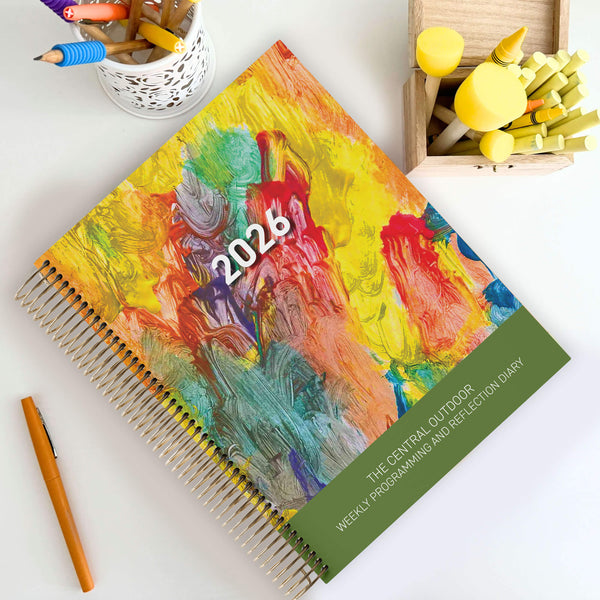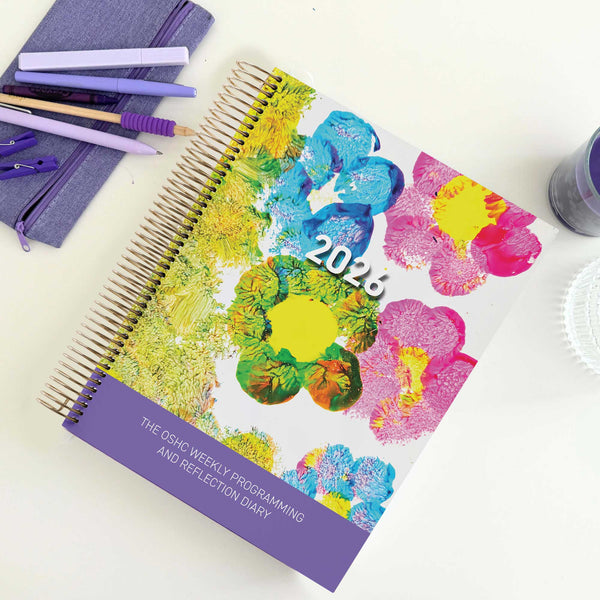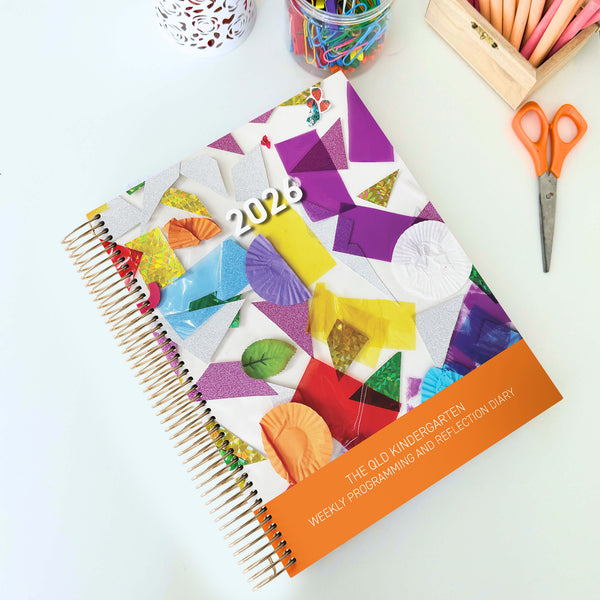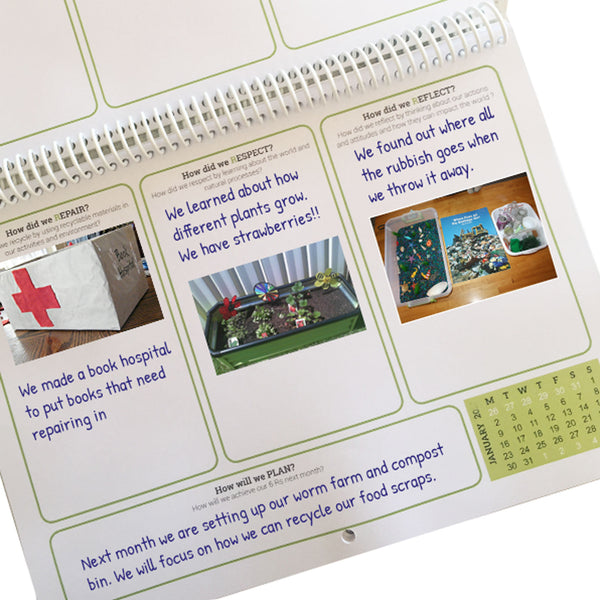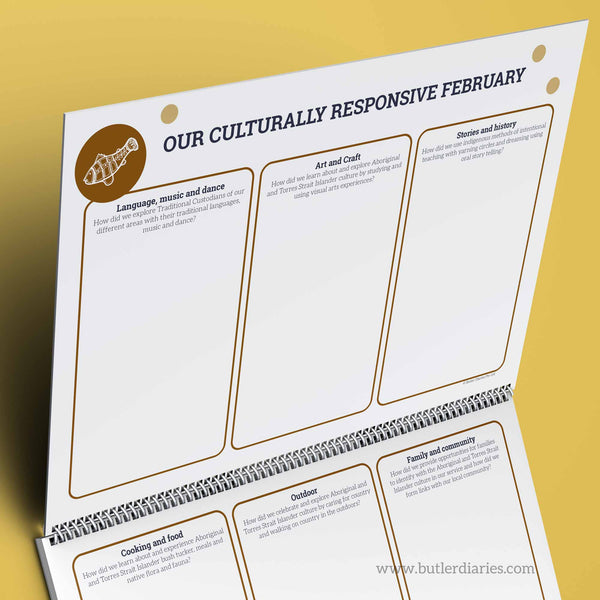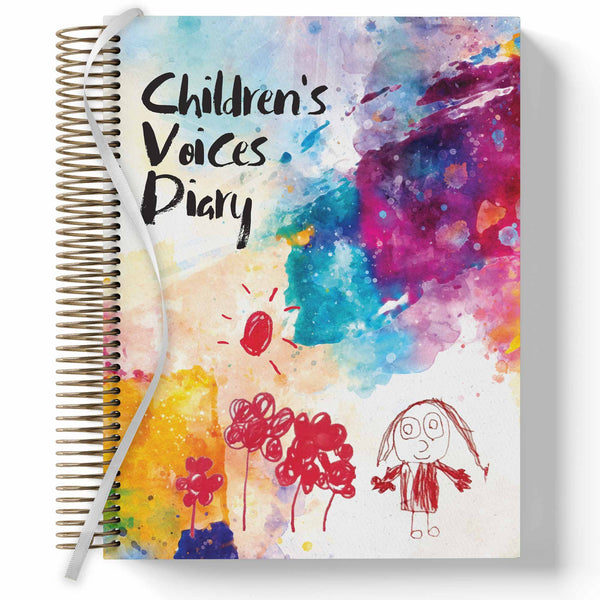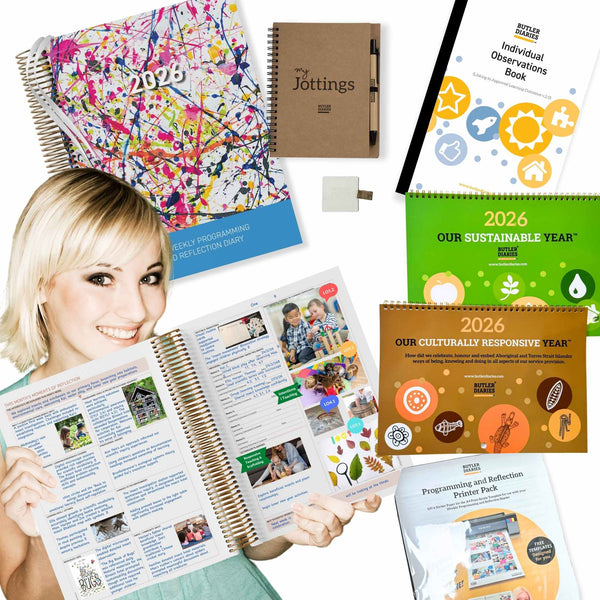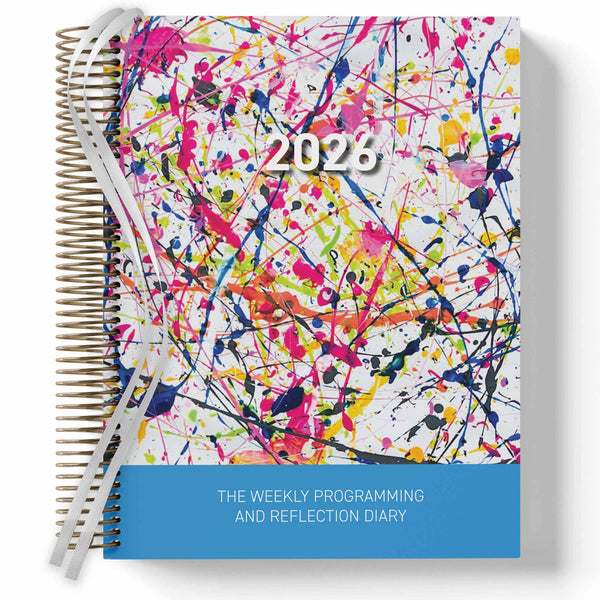Every educator in Early Childhood Education and Care has experienced moments of frustration when dealing with challenging behaviours. Whether it’s frequent meltdowns, defiance, or disruption, these moments can derail your day—and your documentation.
But challenging behaviours are more than just difficult moments; they’re opportunities to connect, understand, and support emotional development.
1. Shift the Lens: Behaviour is Communication
Every behaviour serves a purpose. Instead of asking, “Why is this child misbehaving?”, ask, “What are they trying to tell me?”
Common underlying reasons include:
-
Fatigue or hunger
-
Overstimulation or boredom
-
Difficulty with transitions
-
A need for attention, connection, or autonomy
By shifting from blame to curiosity, you’ll begin to approach behaviour with empathy and intention.
2. Co-Regulate, Don’t Control
Regulation starts with us. Before we can guide a child’s behaviour, we need to stay calm ourselves. Co-regulation strategies include:
-
Getting down to the child’s level
-
Using soft, predictable language
-
Breathing together or offering a calm space
These techniques build trust and show children how to regulate their emotions.
3. Use Visual Supports
Predictability is key to reducing anxiety and supporting behaviour. Consider using:
-
Visual schedules for daily routines
-
Feelings charts to help children identify emotions
-
Picture cues for transitions and expectations
These tools help children understand what’s coming next and how to navigate it.

4. Observe and Reflect
Track challenging behaviour over time to identify patterns. Ask:
-
Does it happen at a specific time of day?
-
Is it linked to certain environments, people or triggers?
-
What strategies have worked in the past?
This reflection in your Weekly Programming and Reflection Diary informs more targeted responses and supports consistent guidance.
5. Involve Families and Allied Professionals
Behaviour guidance works best as a team effort. Share your observations and strategies with families and collaborate on approaches that reflect the child’s needs across settings.
When we see behaviour through a lens of connection rather than control, we transform frustration into flow—and help children learn to thrive.









